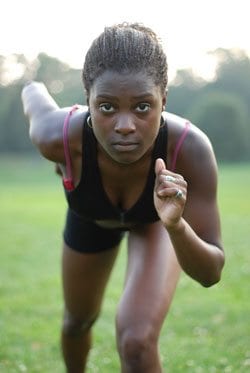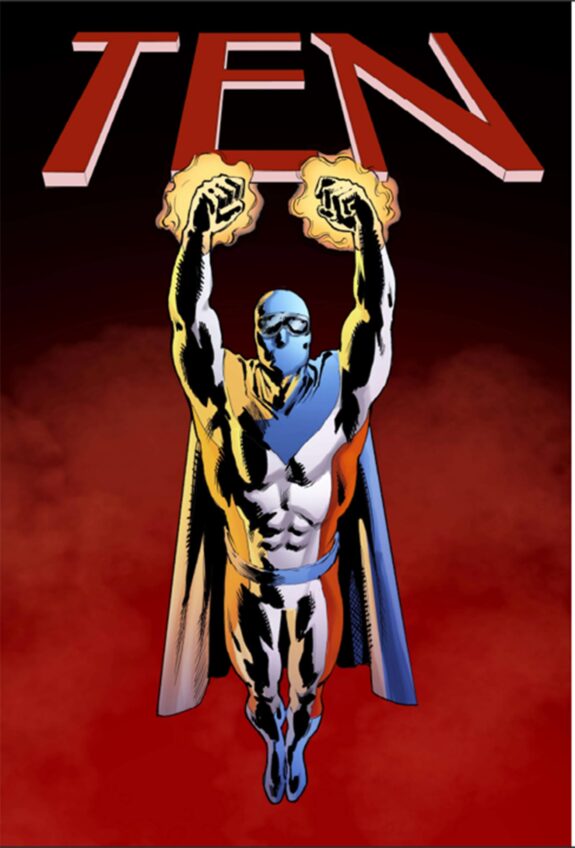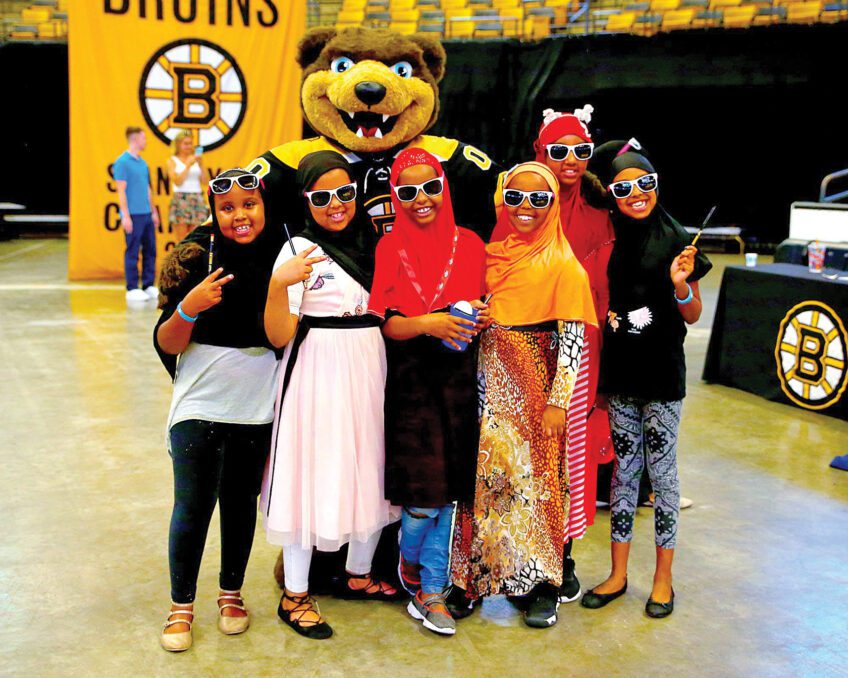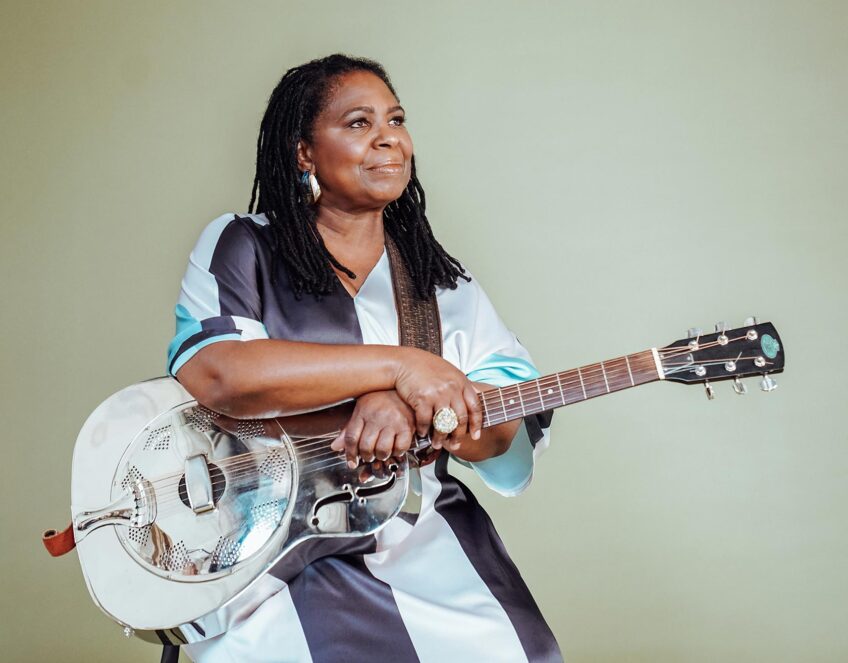
This year’s Roxbury International Film Festival begins July 29 with the very popular opening reception at the Roxbury Center for Arts at Hibernian Hall.
The varied mix of films will be screened at the Museum of Science, Coolidge Corner Theater, MassArt, Wentworth Institute of Technology, Northeastern University and the Haley House through August 1.
While the opening night film, “Speed Dating,” follows the festival’s format of starting out light-heartedly, the other selections — like “The Cycle,” a short film about a search to find a missing bicycle that might unite a Bedford-Stuyvesant community or “Abidjan,” a film about a young soccer player’s visit back to his home country of Cote d’Ivoire to reunite his parents — captures the festival’s vision to honor and celebrate films that are by, for, and about people of color.
One filmmaker whose film made it into the Roxbury International Film Festival this year is Nicole Opper.
“Off and Running” is a documentary that she produced about a teenage girl named Avery who starts out on an identity search that turns her life upside down and back up again for her to realize that she is who she is: an aspiring African American track star.
Opper, a graduate of New York University’s Tisch School of the Arts, said she started filming “Off and Running” three years ago and worked with Avery on the film despite some of the obvious challenges of filmmaking.
How did you and Avery meet?
Avery and I actually met at her school. I was teaching a film class, part-time, to middle school kids, and she was in my very first class. I was a total wreck, a terrible teacher, and I had to learn everything on the job. I loved kids and I loved filmmaking, and I wanted to learn the two passions, but that was kind of a trial run, so in a way it’s really incredible to me that we’ve kept in touch. We just really grew to like each other as people … I took an interest in her family and in her story early on when she was probably 12 but waited until she was 16 to pose the idea of a film.
Why did you wait until she was 16?
I needed to feel I was ready too. You know I was still learning the ropes, getting experience in the field. I knew I wanted it to be a professional film that had a wide audience.
What is Avery’s story?
Avery’s story is really one about grappling to find your identity and to understand your place in society and in your family. In her particular case, she was adopted at birth … and grew up as an African American child and as the daughter of white Jewish lesbians.
[She] had contact with other black people but didn’t have a really strong community of African Americans. In her teen years, when she became really aware of racial differences, she started to want to connect and reach out to a world she had been [only] a part. Her mothers were very supported but we knew she had to do it in her own way which was difficult at times … and took on a really challenging journey.
So in the end we follow Avery through her trials and tribulations with school, with her friends of different backgrounds and her family members from her biological family.
Reviewers have said this is an American coming of age story. What makes it American?
One obvious thing is that kids in America today are increasingly identifying their multi-racial and multi-cultural heritage. We screen this film for so many community groups and schools. A lot of kids came out and said ‘I feel just like you’ … ‘That is my story’ … ‘I have so many different worlds colliding in my life and I don’t feel they’re connecting.’
Sometimes it’s about race and other times it’s about other issues. But it is about a strong feeling of connection that people in America have had to restrain all the way through. It is going to be more and more a part of the tapestry of our nation. But it’s not uncommon. She’s just one representative of that. You know: black kid, lesbian moms, Korean brother, Puerto Rican brother.
And did you find that more young people than older people were able to relate to Avery’s story?
It’s hard to draw a line because of course what I experience are people who came up to me or wrote to me because they feel moved and relating to the story. I haven’t seen differences between gay and straight in terms of parenting, in terms of parents relating to their story, which is gratifying too.
Are you saying there hasn’t been controversy about the film from African American parents or Christian parents?
I would be really curious about that too. I haven’t heard of a single screening where that group has gotten up and been vocal. I don’t know if any of them has been to a see the film but you know its airing on PBS in September and you can bet they will be watching that (laughter) so it’ll be a different than actually buying your ticket to a local film festival.
I think that it will broaden the conversation and maybe we will discover some controversy, but honestly I wouldn’t be surprised if we didn’t. I think there is a real sea change in the culture coming off the controversy over gay marriage. It is just about parenting which is universal and as far as I can see — as far as anybody has been able to see — their parenting has not been skewed by that fact that they’re gay.
Can you tell me how PBS was able to pick up the documentary?
Well, our goal was PBS from the start. We got funding from the independent television service, which is a kind of arm of PBS for independent producers. Once you have that funding you’re on track for getting on to one of their series. They have the POV series and the Independent Lens series so before we even finished the film we heard from PBS they were really interested in going down that road. And it’s really thrilling. The wonderful thing is they have this huge community outreach initiative which involves an interactive website and galvanizing many community related organizations. They’ve already held a big meeting of the minds in the adoption world for over 20 or 30 national organization figuring out how to use this film for prospective adoptive parents and social workers.
What is your ethnicity?
I’m white, Jewish and lesbian, and I came to this film expecting some way to relate more to her moms than Avery, but learned a lot about myself. You know I’m actually closer to Avery then her mom and felt really committed to telling it from her POV but we were partners in this. She is credited as a writer on the film. We worked daily on the film whereas her moms just kind of made themselves available for camera interviews every now and again. I really do feel this is Avery’s story. She did the final edit with me.
What is she doing now?
She managed to get herself a full scholarship to Delaware State University, and she’s on break, hanging out and working a summer job while waiting to go back to school.
That is an amazing story.
We’re very proud of her.






